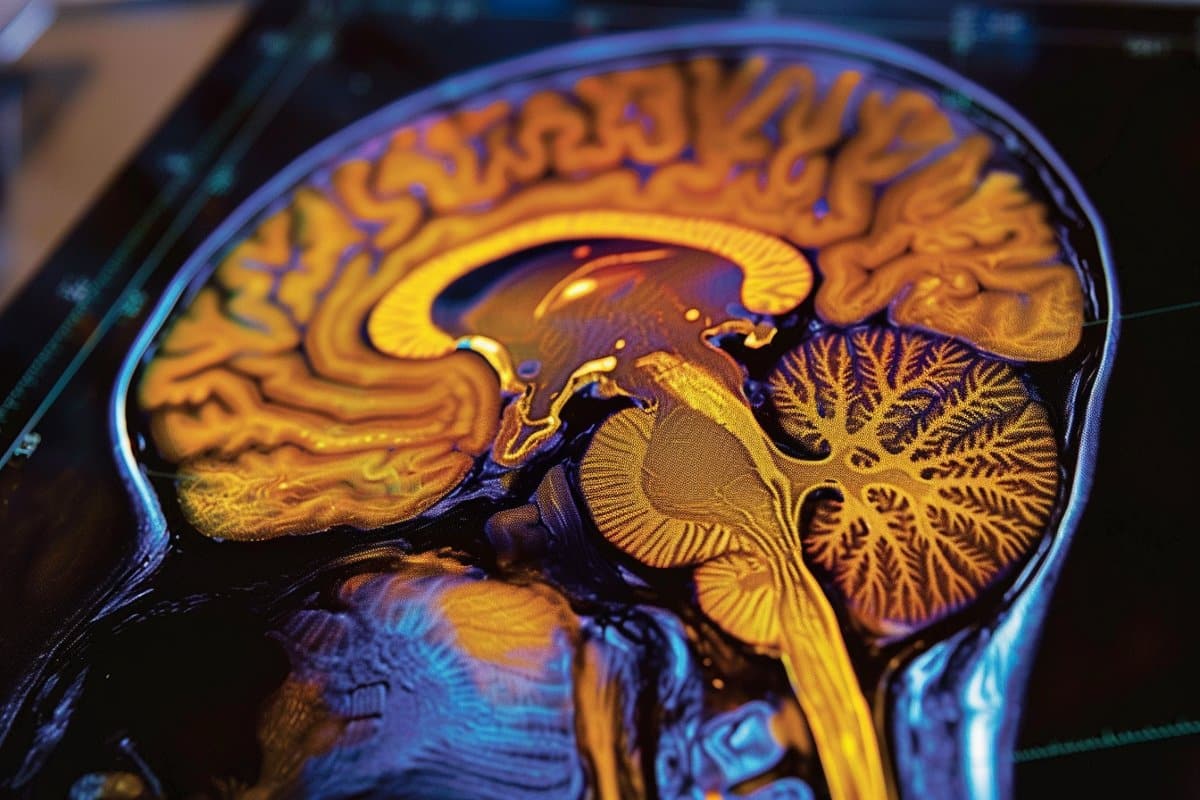Early Signs of Dementia Found in Middle Age
Click here to view original web page at Early Signs of Dementia Found in Middle Age Summary: A new study reveals that Lewy body disease, a major neurodegenerative disorder second only to Alzheimer’s, may start developing in individuals as early as middle age, well before symptoms manifest. Utilizing unique Finnish forensic autopsy data, the study … Continue reading “Early Signs of Dementia Found in Middle Age”








